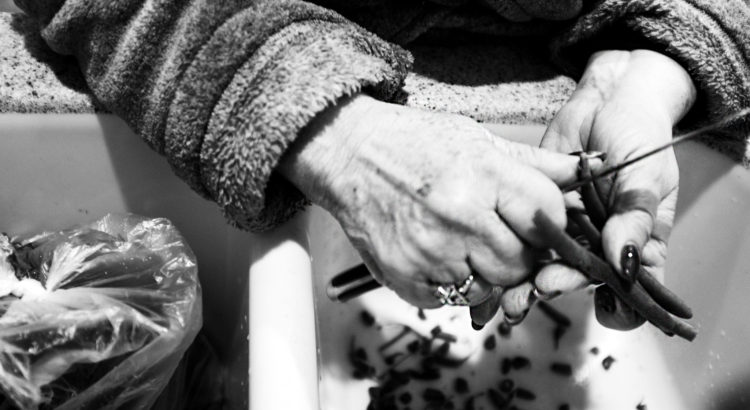It is day 2 of break. I am currently at my grandparents, listening to Italian music(on Alexa because they are cool), and watching my grandma cook me vegan options for dinner(vegetable soup). We talk about things going on and every so often she will say things like, “You can’t have ham either right?”, “No milk?! What do you drink or even eat then? Almond milk, that’s disgusting.”, or “Can you have cheese? Oh my goodness what am I going to give you for lunch then?” I am sitting at a nearby table as we talk, typing away on my computer about things on my mind.
My post(ramble) today is about one of the subjects on my mind right now, history. Enjoy!
History is one of the most significant topics to be educated about and don’t get me wrong I love history but it is without a doubt one of the weirdest concepts to me. We need to know about our pasts in order to learn how to create a better future but I am always curious if what we are taught about history is the truth.
As a kid, everyone plays the game telephone. Someone starts off with a saying and everyone whispers into the next person’s ear what they heard. By the end something like “chicken noodle soup” can turn into “fruit of the loom underwear”. I used to love it because I enjoyed how each time the original saying got altered in some sort of way. With history books, media, and news, I am constantly interested if it is created from a continuous game of telephone and if the only people who can seek the actual truth are the individuals who were involved in the event.
In a conversation with my uncle yesterday, he began to ask if I knew that before the horrible Transatlantic Trade occurred, that poor people from multiple countries were the original individuals to first work in the colonies. I told him I had known that and he told me he had just discovered this. This discussion began me going off into a spiral of what I have and have not been taught. All the little events or even secrets not contained in documents, on file, and unable to be taught to anyone. Or the stories recently discovered, taught to the younger generation but not to me. My deepest concerns and curiosities are about all of the things the first Americans did on the colonies and what people have done to less evolved cultures that I don’t know about or will never know about.
A couple of weeks ago in my Art History lecture, my professor explained how in many famous artworks cultural appropriation can be found. In Pablo Picasso’s, Les Demoiselles d’Avignon, one can easily see the five nude prostitutes he had painted but if you were to look at their faces what would it remind you of? We were told that Picasso studied many African masks and he had been inspired by them to paint these women with faces like the masks. In previous art history classes I was taught that his form of cubism created these faces. This was the first time I was educated about how he had taken someone else’s culture and profited off of it by making it look like his own style. I wondered how many other artists had done this and how we could ever find out if we didn’t have a direct link.
I would count myself as a student or rookie in learning and talking about stolen cultural identity and other topics relating to examining history. I believe no one really questions our history but rather if they do in conversation, they shove it away quickly because it is confusing. I have done this multiple times because looking at history under a lens is difficult and sometimes leaves me with unanswered questions. I think in the future many should question what is truthful and try to gather all the information we have to connect the dots of our past. Although I don’t know much about this topic as you can probably tell, this doesn’t stop me from being interested about it and branching off into thought about it, even when my grandma is cooking me soup.



Leave a Reply
Be the First to Comment!